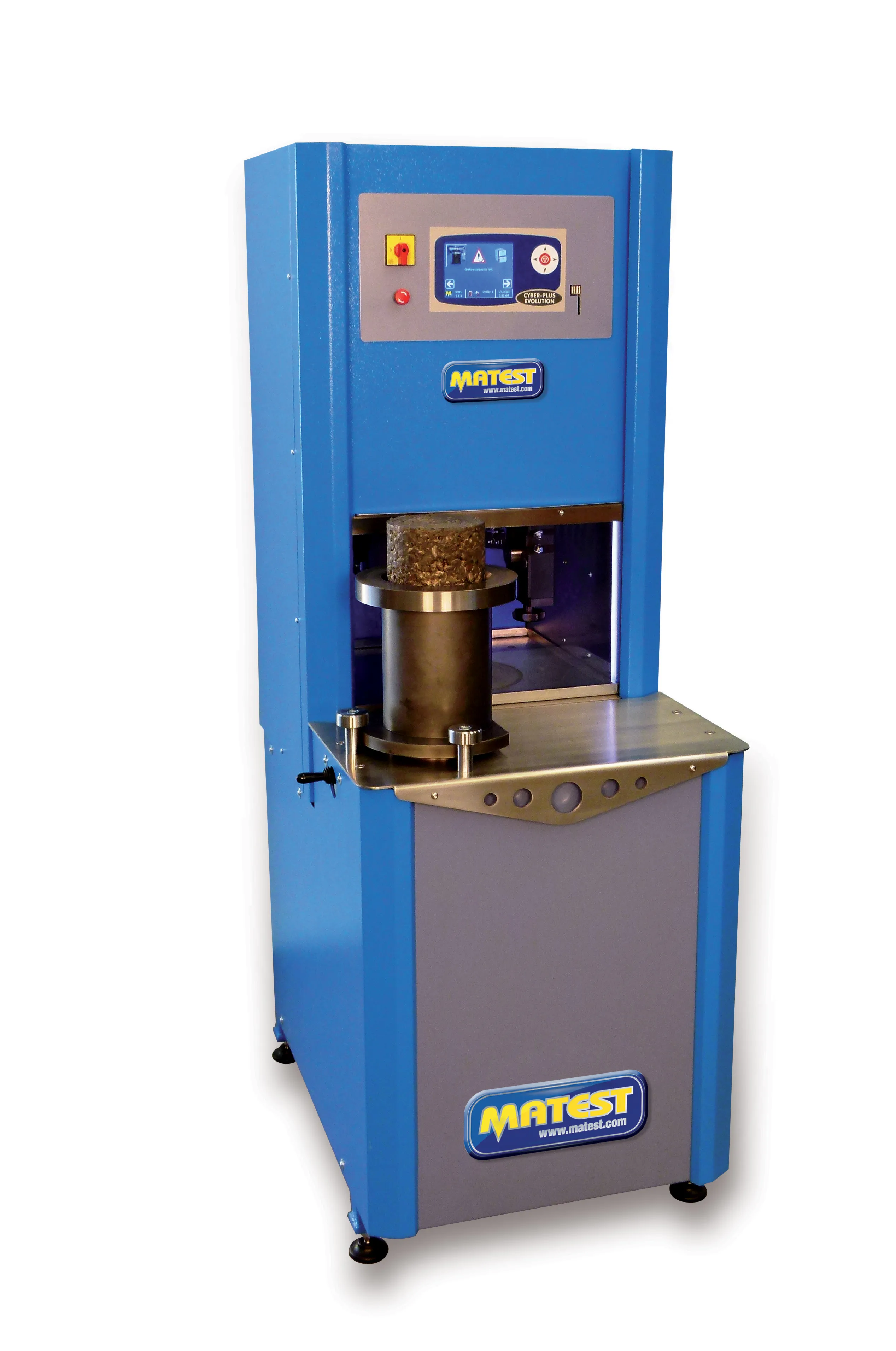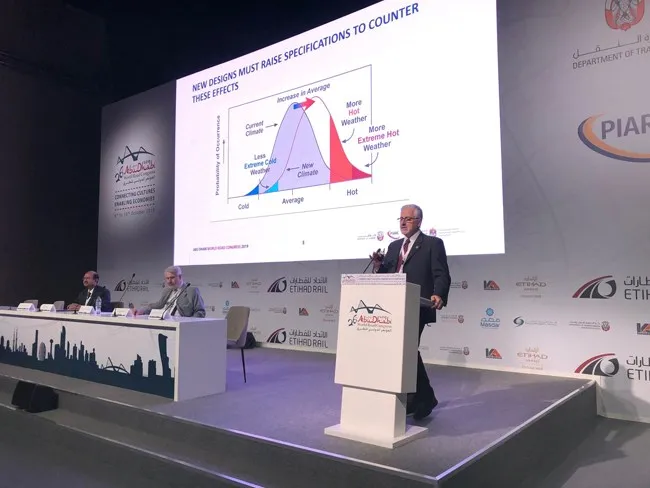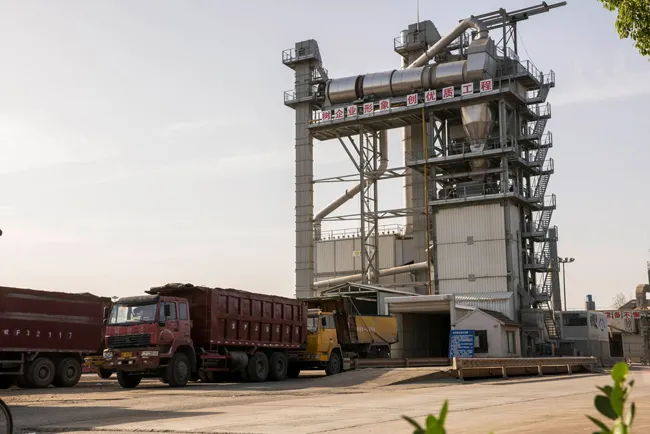Since launching its Gyratory Compactor B041 in February 2012, Matest has improved on the machine’s design. Changes to worktop, door and lighting – and a novel new accessory to help with weighing the mix - aim to improve the equipment’s functionality. Matest has reduced the size of the Gyratory Compactor’s worktop to make the use, transportation and installation easier when tests are performed on mobile laboratories or directly on construction sites. And it has reshaped the worktop to accommodate the ‘integr
January 3, 2013
Read time: 2 mins

Since launching its Gyratory Compactor B041 in February 2012, 282 Matest has improved on the machine’s design. Changes to worktop, door and lighting – and a novel new accessory to help with weighing the mix - aim to improve the equipment’s functionality.
Matest has reduced the size of the Gyratory Compactor’s worktop to make the use, transportation and installation easier when tests are performed on mobile laboratories or directly on construction sites. And it has reshaped the worktop to accommodate the ‘integrated balance’, a new accessory which can be purchased with the B041.
The integrated balance has been developed to make the asphalt mix weighing easier, reducing the input required from the operator. This is a novel feature, not offered by competitors at present, according to Matest.
The other improvements see the addition of a new sliding door with safety switch which maximizes the use of the worktop space and LED lights within the test chamber to give better illumination and visibility.
A Gyratory Compactor is used to simulate the real compaction conditions under actual road paving operations, to prepare cylindrical test specimens and to determine SHRP Superpave asphalt mixture design. Since its launch Matest reports that it has sold the Gyratory Compactor B041 to customers in Italy, USA, China, Turkey and the Middle East.
Matest has reduced the size of the Gyratory Compactor’s worktop to make the use, transportation and installation easier when tests are performed on mobile laboratories or directly on construction sites. And it has reshaped the worktop to accommodate the ‘integrated balance’, a new accessory which can be purchased with the B041.
The integrated balance has been developed to make the asphalt mix weighing easier, reducing the input required from the operator. This is a novel feature, not offered by competitors at present, according to Matest.
The other improvements see the addition of a new sliding door with safety switch which maximizes the use of the worktop space and LED lights within the test chamber to give better illumination and visibility.
A Gyratory Compactor is used to simulate the real compaction conditions under actual road paving operations, to prepare cylindrical test specimens and to determine SHRP Superpave asphalt mixture design. Since its launch Matest reports that it has sold the Gyratory Compactor B041 to customers in Italy, USA, China, Turkey and the Middle East.








